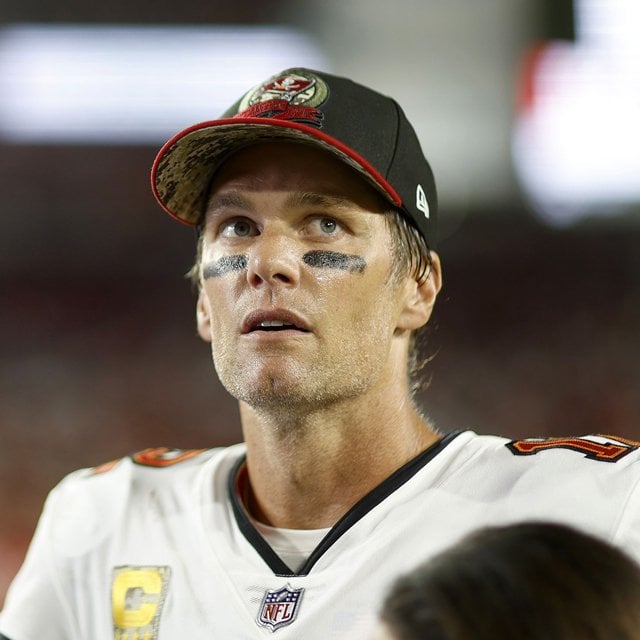Tom Brady, Steph Curry FTX Endorsements Probed by Texas Regulator

What You Need to Know
Payments the stars received to endorse the crypto exchange are being reviewed, along with disclosures and how accessible they were to retail investors.
Tampa Bay Buccaneers quarterback Tom Brady and the Golden State Warriors’ Steph Curry are among the celebrities that a Texas regulator is investigating for potential securities-law violations tied to their promotions of crypto exchange FTX.
The regulator is scrutinizing payments received by the celebrities to endorse FTX U.S., along with what disclosures were made and how accessible they were to retail investors, Joe Rotunda, director of enforcement at the Texas State Securities Board, told Bloomberg News in an interview.
“We are taking a close look at them,” Rotunda said. Though the stars’ endorsements aren’t the most immediate priority, they’re still a focus in the regulator’s larger probe into FTX’s collapse, he said.
For celebrities, FTX might be the loudest lesson yet on the reputational, legal and regulatory risks of hyping crypto. Even before the collapse, the U.S. Securities and Exchange Commission was cracking down on plugs without proper disclosures. The Texas probe serves as a reminder that state securities laws might also apply.
Although scrutiny from state-level financial authorities is usually less high-profile than an SEC investigation, it can lead to significant fines. Federal watchdogs often probe similar issues and have worked with states on some of those cases.
In one high-profile crypto settlement in February, BlockFi Inc. agreed to pay $50 million fine to the SEC and another $50 million to various states over allegations it illegally offered a product that pays customers high interest rates to lend out their digital tokens. The firm didn’t admit or deny the SEC’s findings.
Last week, stars including Curry, Brady and model Gisele Bundchen were named as defendants in a class action lawsuit over whether Sam Bankman-Fried’s FTX targeted “unsophisticated investors” using star endorsers.
“If a celebrity says, ‘I’ve looked into this investment and it’s terrific and you ought to put your money into it’ — and if they haven’t looked into it, that could be a misrepresentation,” said John Olson, a retired securities lawyer and former Georgetown University law professor.
If what’s being marketed is deemed to be a security, “they’re basically doing something that may very well violate state securities laws,” Olson said.




